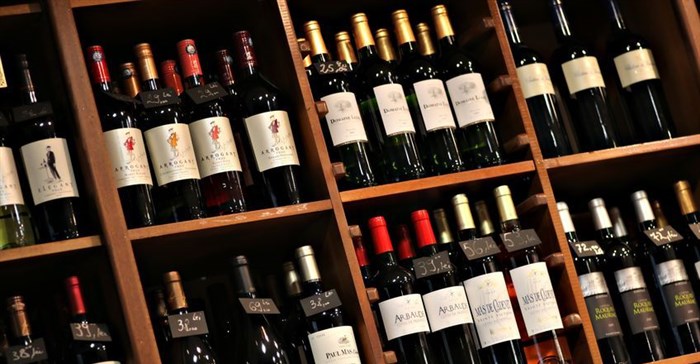
The study focused on consumers’ purchase behaviour during in-store selection of bottled wine.
A wine-drinking culture is yet to be established in South Africa and insights generated from this study are valuable for production as well as marketing of bottled wine.
The study was hosted by the Institute for Wine Biotechnology, Faculty of AgriSciences in conjunction with the Department of Business Management, Stellenbosch University and supervised by project leader Dr. Hélène Nieuwoudt and Dr. Chris Pentz.
Here, Van der Colff shares key insights from the study.

Van der Colff: Wine is a highly competitive category and standing in front of a supermarket shelve to select an appropriate bottle can be daunting.
When wine accompanies food and is shared socially, some consumers are uncertain about the “correct” match. Over the years, a lot of “rules” about wine emerged, leaving the consumer even more confused.
Without losing its status, the focus of wine in South Africa should perhaps be more on enjoyment and the wine experience, making it accessible to more people.
In this study, consumers rated the functional properties (taste and food pairing ability), price of the wine and convenience in terms of time as the most important attributes. The majority of South African wine drinkers buy their wine from a general supermarket and being time-pressed, they don’t want to spend too much time in the wine aisle.
Most consumers in this study indicated to rely on a few trusted brands, making the choice of wine uncomplicated while removing any uncertainty and risks. However, it’s a process before a wine brand becomes a trusted, routine choice. Consumers should not only be repeatedly satisfied with the wine’s taste, but also connect with the brand on an emotional level. The overall experience, therefore, needs to be memorable.
Consumers indicated that in-store tastings, restaurant promotions and informal food and wine events are more effective to promote wine than social media and expert reviews. Wine is an experience product and consumers need to taste it! Social media campaigns are only effective in the case where consumers already know and buy a specific wine.
Consumers also tend to rather trust a recommendation from a non-expert consumer than a wine critic. This is a well-known phenomenon in consumer behaviour literature as people tend to trust individuals that don’t have anything to gain from recommending a product.
However, a mobile WineApp such as Vivino, where non-expert consumers are also able to unbiasedly rate wine, was indicated to be the least effective tool to promote wine in this study. This finding once again stresses the importance of wine selection to be convenient and uncomplicated, not requiring additional time and effort to search for information.
In terms of the intrinsic properties, aim for sensory consistency year after year. For consumers, the combination of a trusted brand name, associated with the taste of the wine and reference price are important attributes and key selling points. It gives them confidence to buy and recommend the wine to friends and family.
When promoting wine, consumers need to taste it – and the tasting experience should be memorable and not too technical. Tell your story, but in a way that it resonates with the consumer on an emotional level. Ultimately, consumers seek wine that is enjoyable and an easy choice as part of their shopping excursion at the general supermarket.
Financial support for the research from the following institutions are acknowledged: National Research Foundation, Winetech, DST, THRIP and the IWBT Stellenbosch University.
About Nadia van der Colff: Van der Colff holds a PhD from Stellenbosch University and has more than 10 years' research experience in consumers' food and wine buyer behaviour. Her research has been widely published and she's consulted to large clients such as Standard Bank AgriBusiness on consumer food trends. Van der Colff is also the founder and managing director of Consumer Solutions, a wine-specific consumer research consulting business established in 2019.